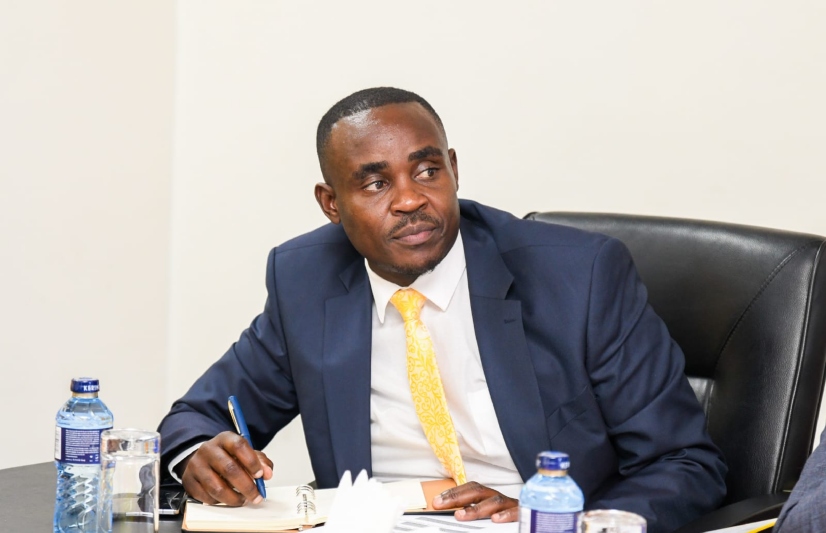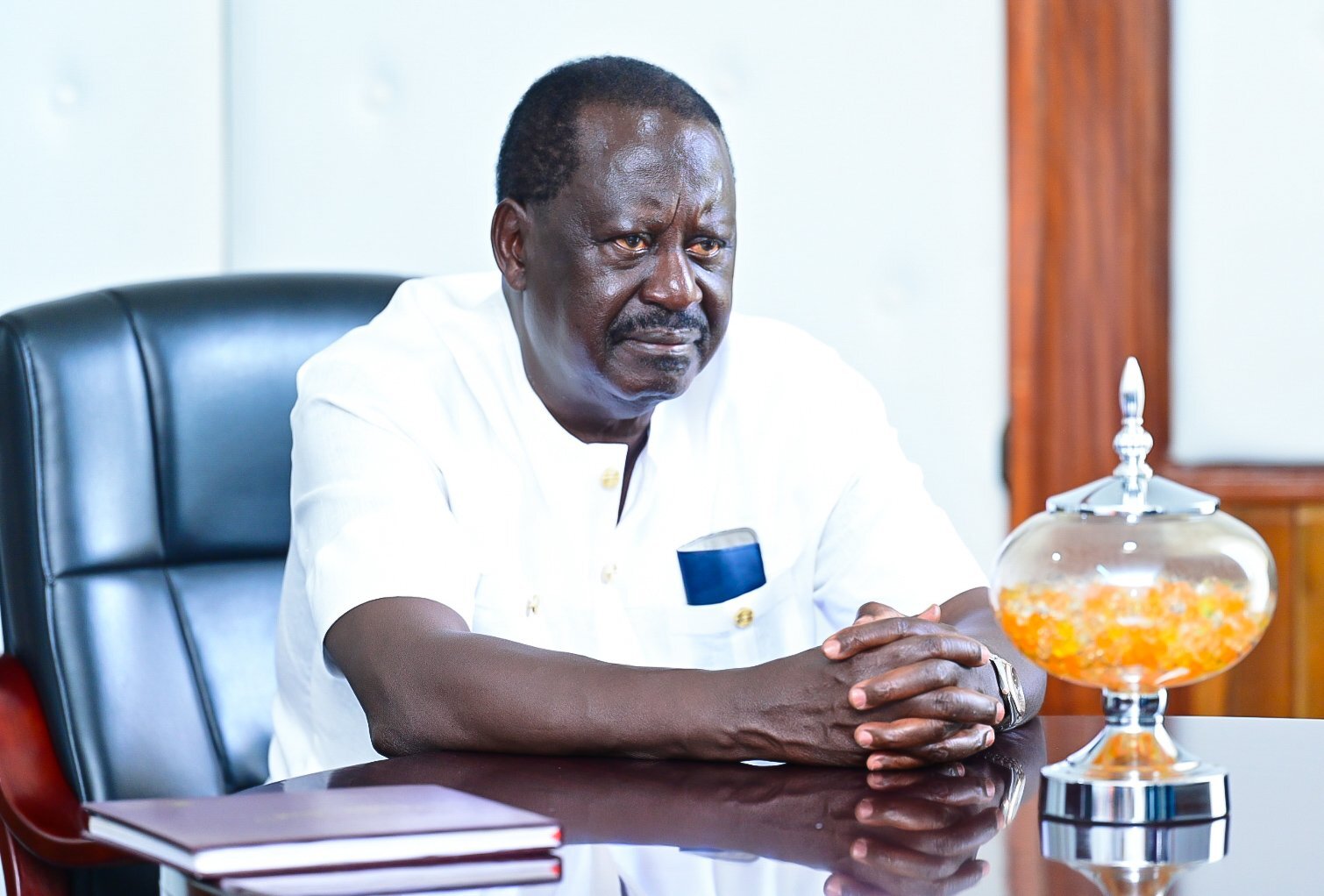MUGO & MUGO: How Covid-19 has led to the rediscovery of homeschooling and what to watch out for

By Dr. John Mugo and Koigi Mugo
At the end of March 2020, more than 700,000 had been confirmed as coronavirus patients while millions of others may be asymptomatic. The impact of this global pandemic is felt not just by the health sector, but also the economic and various social sectors, including education.
By March 13, over 421 million children were affected due to school closures in 39 countries. In addition, another 22 countries announced partial “localized” closures.
These risk-control decisions have led millions of students into temporary but indefinite ‘home-schooling’ situations, especially in some of the most heavily-impacted countries like China, South Korea, Italy and Iran.
While school closure, even temporary is not a unique phenomenon, the indefinite global closure of learning institutions is inimitable in our times.
Although it is too early to judge how reactions to COVID-19 will affect education systems around the world, there are signs suggesting that this could be a moment of rapid transformation for the global education system.
What is observable now is that the pandemic and school closure has sparked indelible responses among governments, schools and even parents, departing from the treasured traditions of schooling, educating and learning.
Over the centuries, the pace of change in academic institutions globally has been lamentable, with entrenched lecture-based approaches to teaching, use of talk-and-chalk, teacher-centric pedagogies and outmoded classrooms.
In 2020, most children globally are still educated in learning environments that almost perfectly mirror classrooms of the 19th century.
The rapid technological advancements of the 21st century and the freeing of information and knowledge through the web have hardly transformed learning in most developing countries.
But as the idiom goes, whether earlier or later, even the most-stubborn illness finds a cure.
‘Education cure’
What has been observed over the last four weeks seems like, now or later, may bring cure especially to the most ailing education systems. A few examples of rapid innovation are given.
To help slow the virus’ spread, Hong Kong started the learning at home program in February, via various interactive apps.
In China, 120 million learners accessed learning materials through live television broadcasts.
In one Nigerian school, standard asynchronous online learning tools (such as reading material via Google Classroom), were augmented with synchronous face-to-face video instruction, to help preempt school closures.
In Kenya, the education cloud was made open and available to all families, and various explorations of revamping radio-based learning are underway.
Recently, a story was told about a Kenyan teacher who has resolved to trace all his students and interact with them through web-based tools over the time of school closure.
Amidst all these innovations, what is talked about less is the probable rediscovery of homeschooling. Unique to this closure is the fact that not only children are at home, but everyone else.
Still, especially for learners under 12 years, even the most sophisticated tech-based learning calls for parental support and backstopping.
Despite the long tradition, home-schooling is not a widespread practice in many economies. In some countries, this practice is seen as defiance to the system and is even outlawed or heavily discouraged.
‘Deschooling society’
This practice is traced first to the deschooling movement of the early 1970s which claimed that schooling was just not working.
This view was propagated first by Russian scholar Ivan Illich in his publication, Deschooling the Society. Later in this decade, John Holt started the Growing Without Schooling movement with a series of publications that agitated for the legalization of home-schooling.
Today, under the circumstances, ideas for homeschooling are widely sought, and every government is now supporting homeschooling, but perhaps covertly lest this becomes the ‘new normal.’
‘Homeschooling challenges’
While many of the innovations and the sharpened homeschooling skills may promote learning, there are a myriad of challenges that the prolonged stay at home may yield especially in the context of many African countries.
First, digital and tech-based learning may aggravate the already existing inequity in learning. Children from wealthier households and those in urban areas may access much of what is available, while their counterparts in poorer households and those in remote rural areas may not.
Second, the massive job losses will have an effect on household income and the private purchase-power for education.
The provision of learning materials by households, or the choice for better schools may be compromised for many families affected by the massive retrenchment.
Third, teenage pregnancy has been a challenge to many learners in upper primary and secondary schools.
Their stay at home may increase cases, yielding to school dropout especially for countries that have not implemented school re-entry policies.
Fourth, many children may end up in child labor, while others may be trapped in the various forms of child exploitation and abuse when the attention shifts from child protection to battling with the pandemic.
This includes cyberbullying and use of children in illicit cyber activities. Together with this, students in their teenage might find idle moments to experiment with drugs, cybercrime and other related acts.
Looking at the situation, the circumstances introduced by the COVID-19 global pandemic might yield a long-term impact on the learning generation, and new notions and practices that transform schooling, education and learning.
Most of these might be for the better, but if unchecked, some of them might be for the worse.
As the world gets overwhelmed by the pandemic, it is important that we keep an eye on making better what is working in helping children learn, and maintaining the systems for the protection of children, and ensuring that child development is safeguarded in this moment of global adversity.
Dr. John Mugo is the executive director at Zizi Afrique Foundation. Koigi Mugo is a medical student and an intern at Zizi Afrique Foundation.

















